Its been 52 years since the revolutionary missile of the world died and his death had seeded and watered the plants of revolution which have been rooting across the borders, the faces and the minds towards setting, pioneering and flagging the revolution through his name, through his face and through his legacy.
His four decades of life had indeed foreruns the battle and the voices of revolution against the inequality, allegedly suppressing and curbing the minorities and the monopolistic cartel of western countries that still now have been cementing its branches and its brains in the countries of weakening and unstable governance with the view of exploiting the rights, the lives and the hopes of the people through its ill will, ill approach and its policy feud with the respective countries - that's when his name will be roared and soared high and his desperate fight for the justice, his love for his own people and his factual motive and conscience had kept him alive in the air that we breath, even though he was killed in the warfare when he fought for the people who neither belong to his family nor to his country.
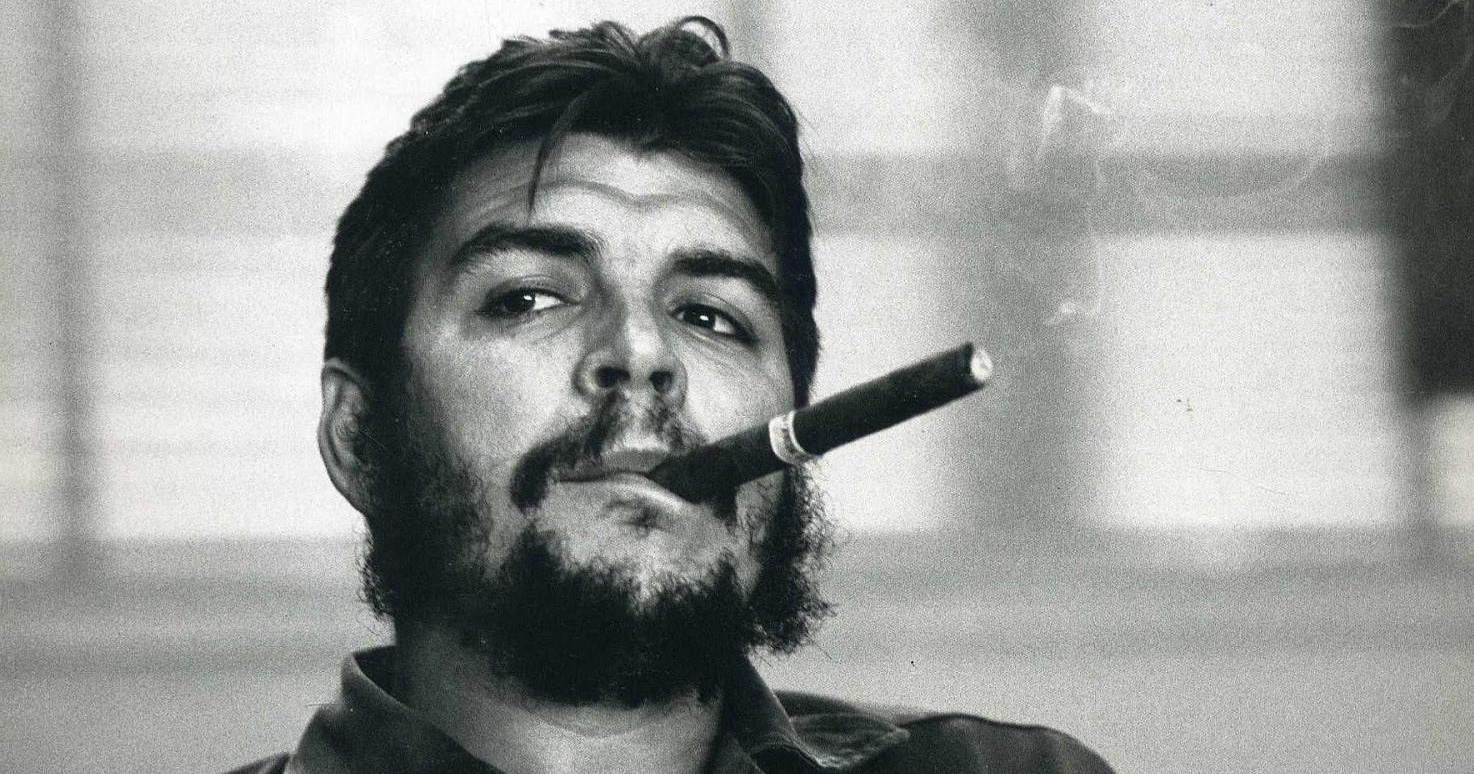
In early 1940s and 50s, most of the countries in the Latin American continent were been framed as the slave and as the trash for the capitalist monopoly where the citizens of the countries were been enforced to be laborers, went through unimaginable tortures and made to exploit their own lives - the lives and their blood were served to the hands of the unstable governments that were either ruined and controlled by the capitalist monopoly which hated the voices that were against of its policies. Countries like Guatemala, Cuba and Bolivia were the worst affected ones that lived, that spent its days with huge sorrows and little hopes.

It ain't sure that how deep their hopes were but it eventually reached the shores of Argentina - the country which is the tail of Latin American continent where most of the lives were peaceful unlike its rest of the continental companions. Its the hope that pushed the future revolutionary leader out of his home country Argentina where he, for the first time, reached Chile, that lies near his home country not for revolution but for serving the people affected with leprosy- that's what he hoped for while leaving his home along with his friend. Chilean people had flagged grand welcome for the nomads cum doctors as they had celebrated them as the medicines for leprosy - the disorder that threatened the lives of Latin Americans. Since he left Argentina, he was touring various neighborhood countries and when he reached Bolivia, the things were different, the lives were unlikely from what he had seen in his home country as Bolivia was termed as the poor country that decorates the golden crown. The country had led itself to the bottomless pit by becoming poorer and poorer through the enforced slaves, exploitation of resources and the inequalities that were faced by the farmers and the workers which had clearly shown him that Leprosy ain't the only one which claims the lives as the terrific scenes of Bolivia had ignited the revolutionary mind within him and the already learnt theories of Karl Marx and Lenin had oiled his mind towards shaping his life to fight for a revolution- a powerful and must heard revolution that will shake the capitalist monopoly.
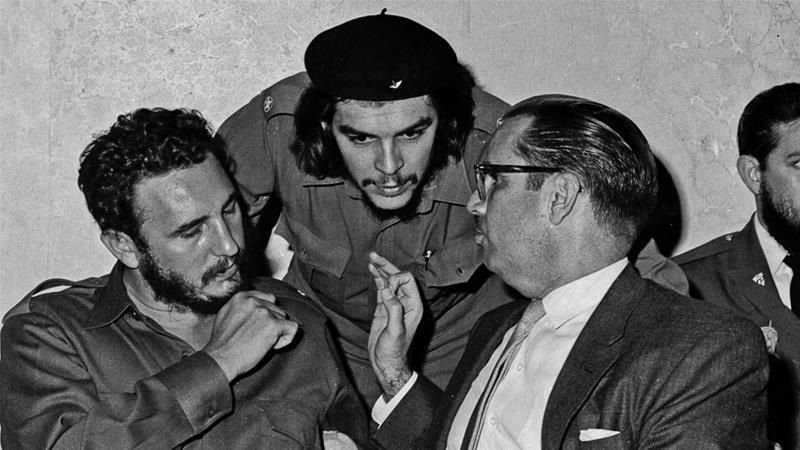
His life had tuned in his real cause of living- from medical student to the revolutionary leader. His commitment for revolution had dared him to stand against the monopolistic cartel where he toured the countries like Guatemala and Cuba for creating pro farmers and pro workers revolution where Guatemala was one of the significant countries that had his vision for revolution after he backed the ruler of Guatemala Jacobo Arbenz who was daring to fight against the capitalist monopoly towards flagging social reforms for his country but eventually, the political maneuver of the monopoly had ousted him from the country after which, the hope filled revolutionary leader had marched for Cuba through Mexico with the sole motive of throwing the then Cuban dictator Fulgencio Batista, whose pro monopoly stand had seen getting exploited the rights of the Cubans. In Cuba, the revolutionary leader had joined hands with Fidel Castro and that's when the 'Cuban Revolution' took birth. In his days in Cuba, he played a pivotal role in Castro's rebellion forces in training the guerrilla warfare to war against the dictator. In the period of 1958-59, he had led the forces inside the country that had occupied the Cuban capital of Havana through flagging the victories in the cities like Las Villas and Santiago de Cuba- the victory of rebel forces had indeed threatened the power of Batista where the dictator had unleashed combat forces to stop the revolution but his ill mind had failed his mission where after Castro's forces got advanced to the country, the dictator had fled Cuba and ran to Dominican Republic - that had certainly shaken and disturbed the capitalist monopoly on witnessing the rise of the rebel led by Castro.
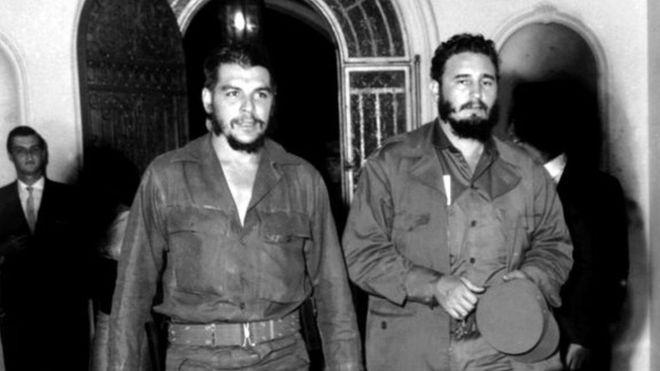
Soon after Batista had fled, Castro had formed the reformative, socialist government in Cuba in 1959 that had prioritized and respected the people's rights. With his commitment and his clear vision in Cuban revolution, the Argentine born revolutionary leader was announced officially as Cuban citizen after which he had appointed as the chairman of Cuban national bank and the Cuban minister of Industry. Under the leadership of Castro, the revolutionary leader had watered the new shape with unveiling new reforms and revolution for farmers, workers and industries. During his tenure in Cuban government, he had met and tabled discussions with the USSR government towards enhancing the economic corridor and people's interest in Cuba and his unquestionable commitment and excellence had driven and had kept Cuba with stable economic and industrial reforms that were went unshakeable by the capitalist monopoly.
On December 11th 1964, he had made significant address at the United Nations General Assembly in front of the World leaders in the land of capitalist America where he called the world for 'peaceful co-existence'. That was his first and last international address as he found that as the time to move on for next revolutions - revolutions ain't be stopped without ensuring that all the people from the countries gets equally treated and respected. After six years of shaping Cuba with reformative revolutions from 1959 to 1965, he had left Cuba secretly where he had written letter to Castro that he moves on for next revolutions and withdrawn his Cuban citizenship.
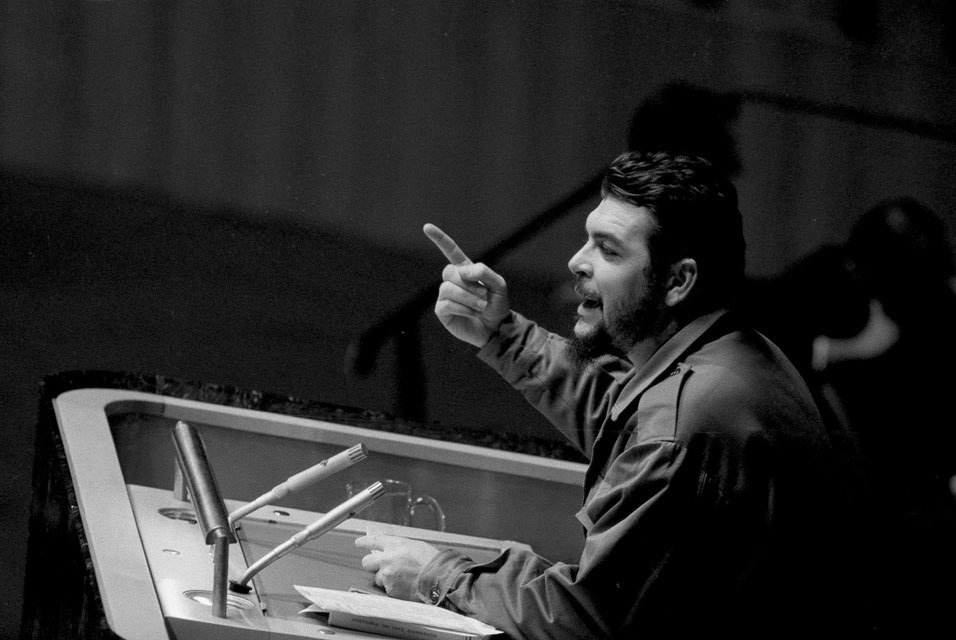
Since 1965 till his death, he had lived in Bolivia where his mission of revolution had came to an end. On the afternoon of October 8th 1967, the US trained Bolivian forces had surrounded him in the town of La Higuera. After being imprisoned, the US government had wanted him to be alive for interrogation but Bolivian government had refused and decided that he must be executed. As wished by the Bolivian government, the revolutionary leader was killed by the Bolivian soldier on October 9th, 1967 at the age of 39.
Minutes before being shot down, the revolutionary leader had said that “I know you’ve come to kill me,” “Shoot, you are only going to kill a man.”

The name of that revolutionary leader is Ernesto Rafael Guevara de la Serna who commonly known, admired and celebrated as 'Che Guevara' and his last words aren't the end of the revolution but the revolution at its new form for a new reform. His name, his revolutionary vision and his legacy makes us to forget that he's no more. Indeed! He lives with us, among us and within us as our 'Che' and as our fellow man, as our light for suppression and inequality. He's one among us, who fought for us and will live until the earth stops breathing!
'Revolution is inevitable and so is revolutionary and so is Che Guevara who had lived as the selfless leader of greatness who fought, fought and never gave up from his revolution in all stages of his life.






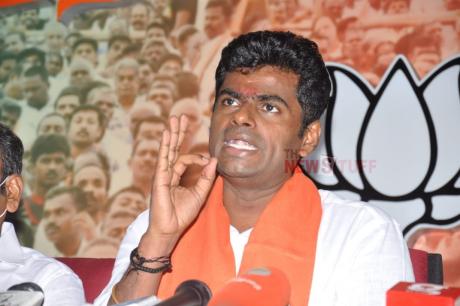
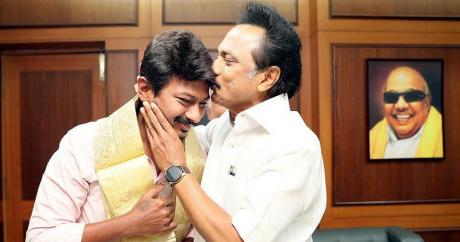
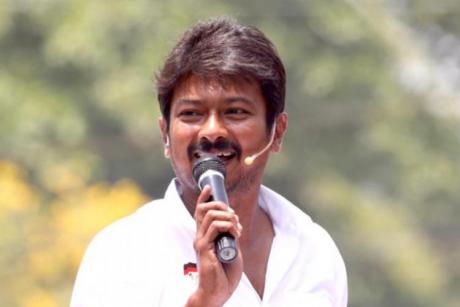
Comments